|
The shortlist for the prestigious 2016 Miles Franklin Literary Award, announced Sunday by Perpetual and Copyright Agency’s Cultural Fund, will take lovers of Australian literature on an emotional journey, allowing readers to celebrate and reflect on Australian life – the good, the bad and the ugly. These exceptional novels reveal observations about the fabric of modern day Australian society. They confront misogyny, the aching intensity of the outcast, the devastating affect of European settlement on Aboriginal culture, the challenging experiences of Australian immigrants and the oppressive weight of grief. As Miles Franklin herself intended, they challenge how we look at ourselves - both personally and as a country. Lucy Treloar, A.S. Patric, and Myfanwy Jones – all nominated for the first time - join authors Peggy Frew and Charlotte Wood on the shortlist for the 2016 award, which aims to recognise uniquely Australian literature that presents Australian life in any of its phases. The winner of the Miles Franklin Literary Award 2016 will be announced at the Melbourne Writers Festival on 26 August 2016 and will receive $60,000 in prize money for their novel judged as being ‘of the highest literary merit’ and which presents ‘Australian life in any of its phases’. Each of the 2016 shortlisted authors will receive $5,000. The 2016 Miles Franklin Literary Award shortlist is: A quietly powerful and haunting novel, full of the aching intensity of the outcast, rendered in pitch-perfect tone and heartbreakingly believable.It is the winter of 1985. 'Hope Farm' sticks out of the ragged landscape like a decaying tooth, its weatherboard walls sagging into the undergrowth. Silver's mother, Ishtar, has fallen for the charismatic Miller, and the three of them have moved to the rural hippie commune to make a new start. At Hope, Silver finds unexpected friendship and, at last, a place to call home. But it is also here that, at just thirteen, she is thrust into an unrelenting adult world - and the walls begin to come tumbling down, with deadly consequences. 'Hope Farm' is a devastatingly beautiful story about the broken bonds of childhood, and the enduring cost of holding back the truth. A beautiful story about the resolution of grief, not by moving on or forgetting, but by finally accommodating, absorbing and accepting its weight. A few weeks after finishing their final exams, high school sweethearts have an argument at a party. Joe wants to go - Jen begs him to stay. They fight in the corridor, following their usual script, and then he walks out and leaves her. A few hours later she dies. Three years on, after burning up his own dreams for the future, Joe is working in dead-end jobs and mentoring a wayward teenager not dissimilar from his younger self. Driven by the need to make good, he spends all his spare time doing parkour - l'art du déplacement - under an inner-city bridge, training his mind and body to conquer the hostile urban environment that took his love and blighted his future. Somewhere else, a middle-aged woman, Elise, is treading water in her life as her marriage breaks up. We watch as she retreats to the only place that holds any meaning for her - the tiger enclosure at Melbourne Zoo, where, for reasons she barely understands, she starts painting the tigers and forms a close connection to them. Joe is broken by grief, but the outside world won't let him hide forever. A cool and bewitching girl turns up on the doorstep of his share house, somehow painfully familiar to him. Then there is the skateboarding chef at the bar where he works, the girl with the Cossack-blue eyes, who wants to be his friend. And someone going by the Facebook tag Emily Dickinson wants to reminisce about his dead girlfriend and won't leave him alone. Can Joe staunch the flooding return of desire - or is it time to let go of the past? And will he make the nine-foot leap from girder to pillar, or does he want to fall, too? While at its heart is a searing absence, Leap is driven by an unstoppable and exhilarating life force and the eternally hopeful promise of redemptive love. A fresh and powerful exploration of the immigrant experience and Australian life that explores the damages of war, the constraints of choice, the possibility of redemptive love and social isolation amid suburbia. During a hot Melbourne summer Jovan’s cleaning work at a bayside hospital is disrupted by acts of graffiti and violence becoming increasingly malevolent. For Jovan the mysterious words that must be cleaned away dislodge the poetry of the past. He and his wife Suzana were forced to flee Sarajevo and the death of their children. Intensely human, yet majestic in its moral vision, 'Black Rock White City' is an essential story of Australia’s suburbs now, of displacement and immediate threat, and the unexpected responses of two refugees as they try to reclaim their dreams. It is a breathtaking roar of energy that explores the immigrant experience with ferocity, beauty and humour. From the winner of the 2014 Commonwealth Short Story Prize and the 2013 Writing Australia Unpublished Manuscript Award. This portrait of a frontier life is a time-traveller’s delight as it unsettles assumptions about European ‘settlement’ and its devastating effects on Aboriginal culture, while graphically charting the unequal nineteenth-century power relations between men and women. In 1855 Salt Creek lies at the far reaches of the remote, beautiful and inhospitable coastal region, the Coorong, in the new province of South Australia. The area, just opened to graziers willing to chance their luck, becomes home to Stanton Finch and his large family, including 15-year-old Hester Finch. Once wealthy political activists, the Finch family has fallen on hard times. Cut adrift from the polite society they were raised to be part of, Hester and her siblings make connections where they can, with the few travellers who pass along the nearby stock route - among them a young artist, Charles - and the Ngarrindjeri people they have dispossessed. Over the years that pass, an Aboriginal boy, Tully, at first a friend, becomes part of the family. Stanton's attempts to tame the harsh landscape bring ruin to the Ngarrindjeri people's homes and livelihoods and unleash a chain of events that will tear the family asunder. As Hester witnesses the destruction of the Ngarrindjeri's subtle culture and the ideals that her family once held so close, she begins to wonder what civilization is. Was it for this life and this world that she was educated? Winner of Best Fiction and Overall Book of the Year at the Independent Bookseller Awards & Shortlisted for the Stella Prize and the Victorian Premier's Literary Award
A confronting story of misogyny that is both shockingly realist in its details and deeply allegorical in its shape. She hears her own thick voice deep inside her ears when she says, 'I need to know where I am.' The man stands there, tall and narrow, hand still on the doorknob, surprised. He says, almost in sympathy, 'Oh, sweetie. You need to know what you are.' Two women awaken from a drugged sleep to find themselves imprisoned in a broken-down property in the middle of a desert. Strangers to each other, they have no idea where they are or how they came to be there with eight other girls, forced to wear strange uniforms, their heads shaved, guarded by two inept yet vicious armed jailers and a 'nurse'. The girls all have something in common, but what is it? What crime has brought them here from the city? Who is the mysterious security company responsible for this desolate place with its brutal rules, its total isolation from the contemporary world? Doing hard labour under a sweltering sun, the prisoners soon learn what links them: in each girl's past is a sexual scandal with a powerful man. They pray for rescue - but when the food starts running out it becomes clear that the jailers have also become the jailed. The girls can only rescue themselves.
0 Comments
Your comment will be posted after it is approved.
Leave a Reply. |
Archives
March 2021
|


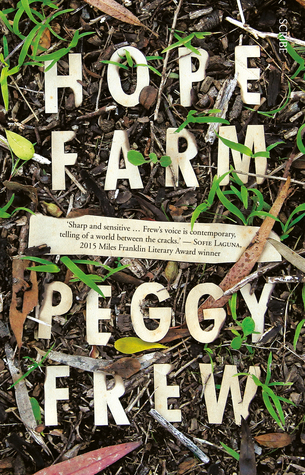
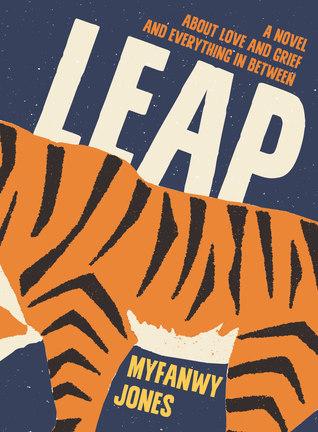
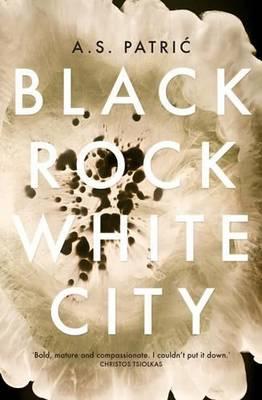
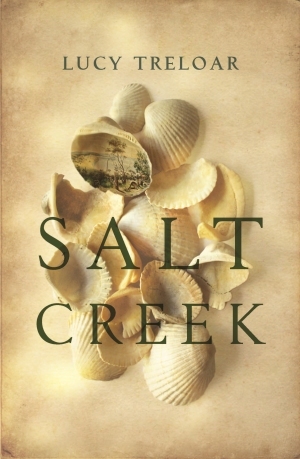
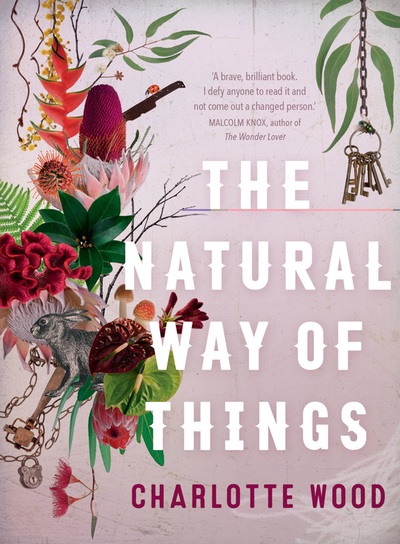
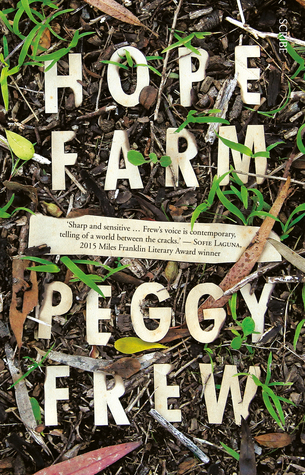
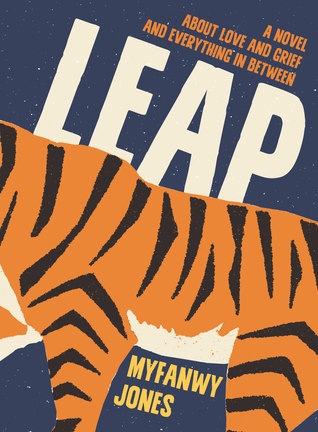
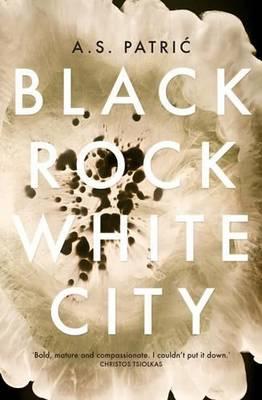
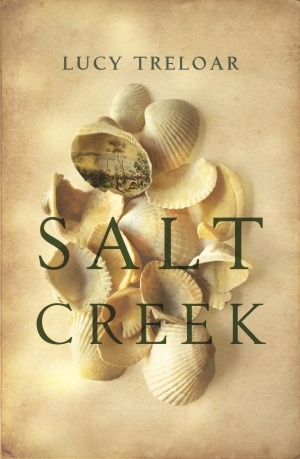
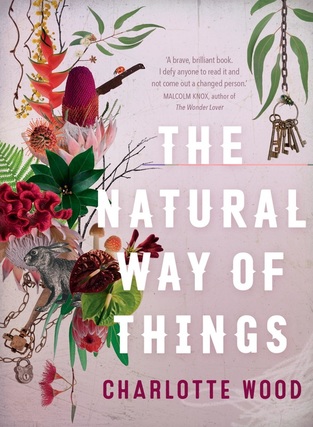


 RSS Feed
RSS Feed
